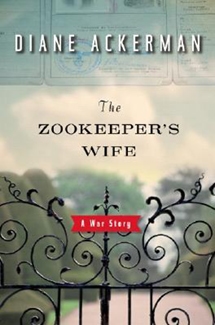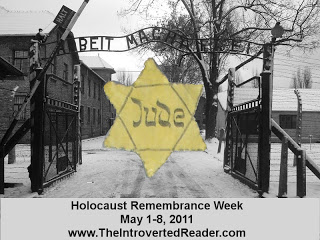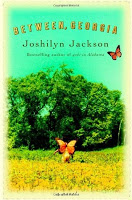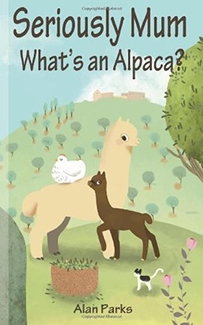I have affiliate relationships with Bookshop.org and Malaprop's Bookstore in beautiful Asheville, NC. I will earn a small commission at no additional cost to you if you purchase merchandise through links on my site. Read more on my affiliate page.
Jan and Antonina Żabiński were the keepers of the Warsaw Zoo when Germany invaded Poland. Between the bombing, Nazi cruelty, and the Nazi desire to keep all of the rare animals for themselves, there quickly wasn’t much of a zoo to keep. But Jan was an ingenious thinker and he came up with various ideas to keep the zoo complex under his care. From community gardens to a pig farm to a fur farm, he always had the zoo under his control. He was deeply involved in the Polish Underground, and as part of his efforts, he moved hundreds of Jews through his zoo on the way to safer ground.
This wasn’t exactly what I was expecting, and that was both good and bad. Generally coming at WWII through the Holocaust, I mainly think of Poland as the home of Auschwitz and the worst of the concentration camps. That’s as far as I take it. I’ve never given any thought to the fact that Germany invaded Poland first and kept the Poles brutally repressed throughout the duration. Diane Ackerman showed me how bad it was for the Poles.
My problem was that I expected more of a narrative about life in the zoo, but the story was all over the place. There was actually very little about the zoo and the Jews in hiding there. A few who stayed for a while were written about, but that was about it. The rest of it bounced around a lot. There was a constant thread about the Żabiński family and how they made it through the war. But then there would be paragraphs about girl couriers helping the Underground, a pediatrician who refused to escape because he didn’t want to leave the children in his orphanage, random people in the Underground and what their roles were, some animal behavior, some Warsaw battles, Polish superstitions, and backgrounds on a few of the Jews the Żabiński’s helped. It sounds a little more coherent here, but with so many random paragraphs, it was hard for me to settle into a reading pace.
I will say that I had never heard of Janusz Korczak, the pediatrician I mentioned earlier. His story and the story of “his” children just broke my heart. I can see why “the Israelis revere him as one of the Thirty-Six Just Men whose pure souls make possible the world’s salvation.” He made the war easier for a lot of young souls and taught them gentleness in a world that had gotten insanely bloodthirsty. He marched with them and accompanied them and ultimately eased their passing into a better world.
Anyway, I also enjoyed the stories of the animals that lived with the Żabińskis. They found some truly eccentric characters who were full of personality. Badger in particular just tickled me to death. Why wouldn’t a badger pay attention and teach himself to use a chamber pot? Oh, and Wicek the carnivorous rabbit was another favorite.
Obviously, there was a good story here that needed to be told. In fact there were a lot of good stories in here. That made the narrative feel very choppy and full of tangents for me. Still, these are people who should be remembered and I recommend it with reservations for that reason. They were truly Righteous Among the Nations.
Read an excerpt.
Find author Diane Ackerman on her website.
I read this for my own Dewey Decimal Challenge.
Buy The Zookeeper’s Wife on
I have an affiliate relationship with IndieBound, Book Depository, and Better World Books and will receive a small commission at no cost to you if you purchase books through links on my site.







5 Comments
Sounds like a fascinating story. Too bad about the choppiness.
We read this for my book club last year. I liked it okay, but several of the women loved it. I agree with a lot of your critiques, but it was still interesting.
I am sorry to hear that you didn't like this so much. I have been wanting to read it for a while. I probably will anyway, but thanks for the honest review.
I'm always intrigued by books that take a look at the ordinary as well as extraordinary people living under Nazi occupancy during WWII, and like you I have not given much consideration to the everyday people of Poland during that time. Nice review!
This is one I've wanted to read. I wonder if the choppiness will bug me too. I'll have to try it.